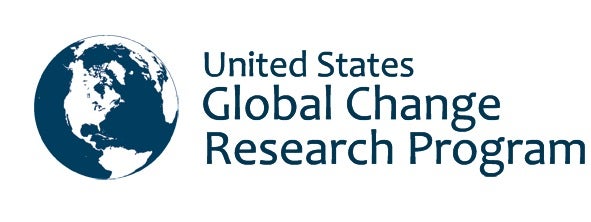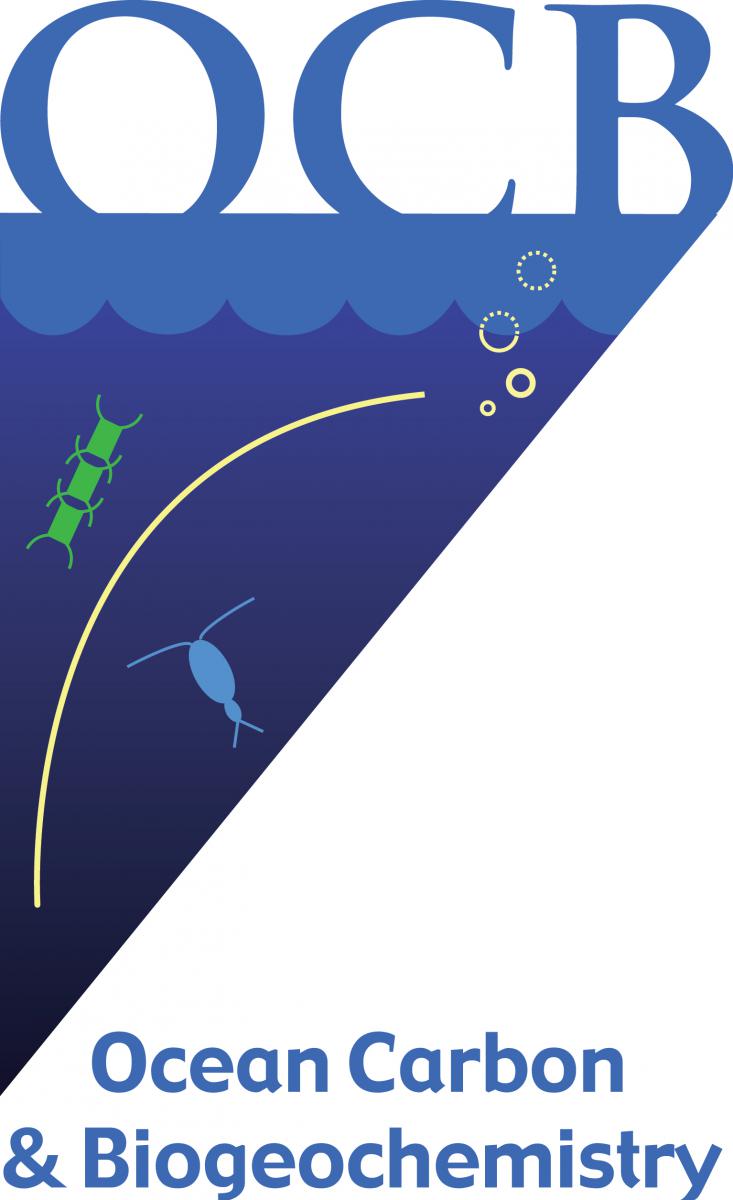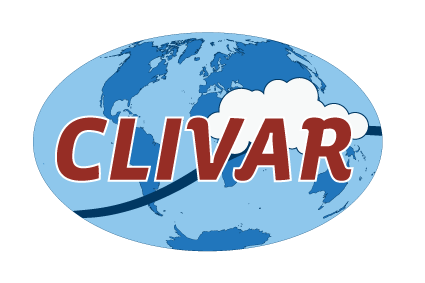Partners
US CLIVAR seeks active engagement with other Earth science communities, both within the US and internationally. This engagement will foster activities that address shared science questions.
US Partners
US Global Change Research Program (USGCRP)
The USGCRP coordinates and integrates federal global change research across 13 participating agencies, including the five represented on the US CLIVAR Interagency Group. US CLIVAR provides the program contribution to the USGCRP on understanding the ocean’s role in climate variability and predictability.
US Carbon Cycle Science Program
Understanding how climate will respond to future atmospheric concentrations of CO2 and other carbon-containing greenhouse gases, and how carbon sources and sinks will change in response to a changing climate, are questions shared by US CLIVAR and the US Carbon Cycle Science Program.
US Ocean Carbon and Biogeochemistry Program (OCB)
Since 2009, US CLIVAR has collaborated with the OCB Program, whose mission is to study the impact of oceanic variability in the global carbon cycle in the face of environmental variability and change. Jointly, the two programs have sponsored the Southern Ocean Working Group and Ocean Carbon Uptake Working Group, as well as collaborated on joint newsletters.
Study of Environmental Arctic Change (SEARCH)
US CLIVAR is engaging with the SEARCH Program to define common research topics, including changes in climate, sea ice extent, ice sheet mass in the Arctic basin, and climate impacts on ocean circulation and regional sea level. The Arctic Change and Possible Influence on Mid-latitude Climate and Weather Working Group established a formal collaboration with the SEARCH Program.
International Partners
International CLIVAR
A core program of the World Climate Research Program, International CLIVAR launched in 1995 to serve as a forum for collective multi-country planning and implementation of research on the role of the ocean in climate variability and predictability. US CLIVAR is the US contribution to International CLIVAR and share many similar goals and science questions.






